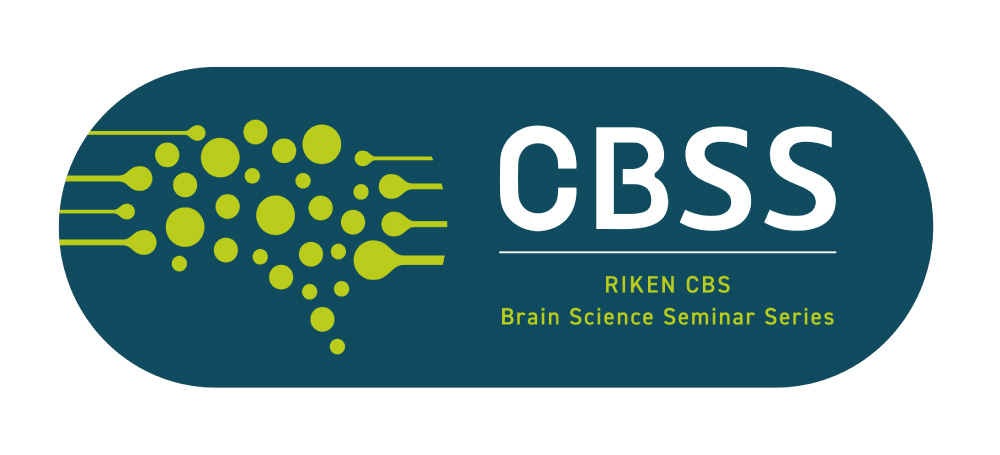
CBS Brain Science Seminar Series(CBSS)
Dr. Claudia Clopath
Dr. Claudia Clopath, Imperial College London
Date/Time
Tuesday, November 22 2022, 18:30-20:00 (JST) (Nov. 22, 9:30-11:00 GMT)
Abstract
Sensory Feedback Can Drive Adaptation In Motor Cortex And Facilitate Generalization
Experimental and computational studies suggest that motor cortex acts as a feedback controller, allowing for ‘on-the-fly’ movement corrections in response to afferent sensory feedback. However, it remains unclear whether feedback control relates to longer-term learning, and how this would be implemented in neural circuitry. Here, we tackled these questions by testing how a recurrent neural network (RNN) can use feedback to control its own output, and whether this process can enable learning. We built an RNN that received feedback signaling the error between its intended and observed output. An initial training phase that required producing a broad range of outputs (i.e., ‘movements’) enabled the model to learn to use this feedback to correct its output on-the-fly. After constructing this RNN, we tested directly whether the feedback signal used for online output correction could enable learning by guiding synaptic plasticity in the recurrent connections within the network. We devised a biologically plausible plasticity rule where the recurrent weight changes were proportional to the error feedback signals received by the postsynaptic neurons. This simple rule allowed the network to adapt to persistent perturbations (e.g., a ‘visuomotor rotation’) by changing its initial output pattern, a process that was mediated through recurrent connectivity changes. Remarkably, the model learned in a way that was similar to adaptation studies in humans: i) learning generalized to non-learned but similar movements and ii) followed multiple learning timescales. When we examined the network activity before and after adaptation, we found a signature of our learning rule that was also present in neural population recordings from monkey motor cortex. In short, this work links algorithmic models of motor control and learning to a biologically plausible implementation in neural circuitry, thus offering the potential to guide future experimental studies on the neural basis of motor learning.
For inquiries
cbs-academic@ml.riken.jp



